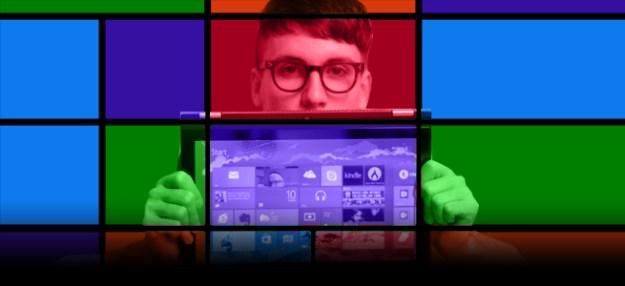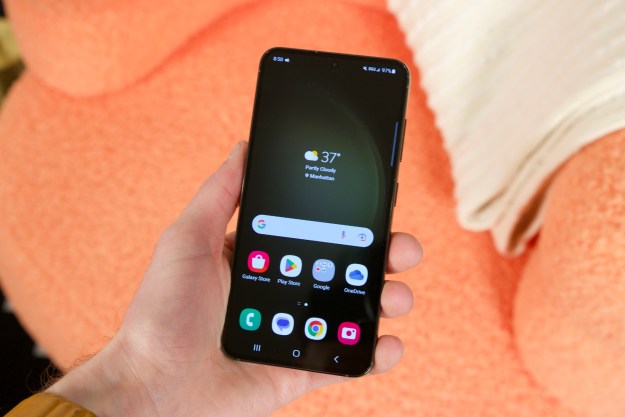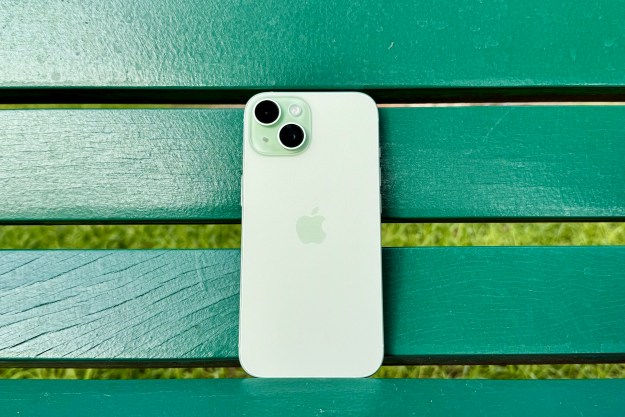
When I decided to go all in on Windows 8 and Microsoft, I knew what I would be giving up: Gmail, Drive, Maps, and Search. In my head, I was prepared. For every foreseeable problem I had an equally strong, hypothetical solution that would leave me either unaffected or better off. The new and improved Outlook.com had just debuted, and I appreciated the cleaner look and attention-to-detail. As for Google Drive, I figured there was no way SkyDrive – with support for Microsoft Office – could lose against some web apps Google threw together over a weekend (probably). I live in Toronto, a big city for Canada, and so I wasn’t worried about Maps causing issues for me since we are usually indexed pretty well. I had never used Bing before making the switch to Windows 8 and I couldn’t find a single reason why I would want to leave Google for it.
I may be sick of Apple, but I never felt that way about Google. I was and still am happy with its Web services and only decided to give them up because I wanted to try the complete Microsoft experience. So how does Microsoft’s online presence compare to the now ubiquitous Google? Not so good.
Outlook & Skype vs. Gmail & Google Talk
The biggest hurdle by far was ending my relationship with Gmail. After outgrowing my embarrassing Hotmail address, I turned to Gmail and started my first “professional” account using only my first and last name – no 69 or K in place of a C. I applied for my first year of University with that email, landed my first writing job, and learned what it was like to live without an endless stream of spam. Gmail’s role in my life was both sentimental and practical -leaving it behind wasn’t easy.
And it still isn’t easy. Outlook.com is very pretty and it has the important stuff (folders, aliases, forwarding, etc.,) but the layout can feel cramped and confusing. Gmail does a lot better job of integrating advertisements while reserving some white space to reduce that cramped feeling. But there are deeper problems here than just a lack of elegant spacing. Gmail integrates seamlessly with a ton of features that are widely used – especially in my industry – like Google Talk (Chat). Before, when I was logged into my email, Gmail in this case, it was easy to jump in and out of instant messaging with my editor, colleagues, and friends, whomever.
I tried to stay away from Google Talk, begging everyone to adopt Skype as our main means of communication. How did that go? Well, I couldn’t even get my own editor to stick to Skype and he was the one who supported my decision to adopt Windows 8 in the first place! Now, in order to do my job I have to keep Outlook.com open with a Gmail tab right beside it. I know this isn’t really Microsoft’s fault – it’s not like Google is going to open GTalk to its competitors – but that doesn’t change its necessity.
Skydrive vs. Google Drive
I have always been a fan of SkyDrive. Partly because I was grandfathered into 25GB of free storage, but having a Web version of Office didn’t hurt either. I’m a pack rat when it comes to cloud storage so anyone willing to give me a few gigabytes can count on my vote. But the problem with SkyDrive is that, though it works great when using it solo, collaboration can be difficult. Not that SkyDrive can’t handle sharing files between users, but you need other people to share with.
So the bottom line here is similar to the problem with Skype versus Gmail: Nobody wants to use it. When I am paired up with a bunch of people in class that I would prefer not to see off campus, we usually collaborate on a master document. Being a Windows 8 aficionado, I tend to lead with a recommendation of SkyDrive. All that gets me is a few blank stares and maybe a mumbled, “Google Docs is probably easiest.” In the end, we always choose Google over Microsoft because nobody uses Hotmail anymore. Once again, I am stuck living a double life, juggling browser tabs for both Google and Microsoft products.
Bing Maps vs. Google Maps
The Maps battle is a little more straightforward. Nothing beats Google Maps. Bing’s mapping system is nice to look at – really it is – and it handles directions like a champ. However, it hasn’t replaced the benefits of Google Earth and the user reviews generated by Google’s huge fan base. Finding a local business and actually accessing its information is just easier with Google. There are no two ways about it.
Bing Maps has all the building blocks of a great alternative to Google’s offerings, but it’s hard to replace numbers. If all you want is a good looking map to lead you around your city, town, or countryside then Bing can help you out – for everything else, it is Google.
Bing Search vs. Google Search
Like I said before, I had never really tried Bing before I tried to swear off Google and I must say it’s not that bad. I actually prefer the way Bing handles images and the search results are basically identical or at least close enough to not be an issue. Where Bing falters is in the instant results like translations and conversions. It’s weird how much you miss the extras when they’re a few more clicks away.
If this were a standard competition, Google would win in every category. But a larger user base seems like an unfair way to judge. In a perfect world – if I could force people to switch over to Microsoft with me – I would have no problem using the alternatives to Google. They are functional, beautiful, and feature-rich – all attributes I find attractive in a potential web app partner. But as it stands right now, living with Microsoft is pretty lonely.


